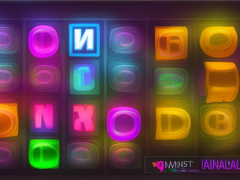Understanding the Difference Between “Just” and “Only”
The words “just” and “only” are often used interchangeably in everyday conversation, but they have distinct meanings and usages. Both can convey a sense of limitation or specificity, yet they apply in different contexts. This article explores the nuances between these two terms to clarify their proper usage.
Usage of “Just”
The term “just” is versatile and can be used to express recent timing, small amounts, or exactness. For example, saying “I just finished my homework” indicates that the action was completed recently. Additionally, “just” can be used to imply something is barely sufficient, such as “The meal was just enough to satisfy my hunger.” It can also serve to emphasize fairness or exactness, like “It’s just what I needed.”
Usage of “Only”
In contrast, “only” is primarily used to denote exclusivity or limitation. It emphasizes that there is nothing more beyond what is mentioned. For instance, “She is the only person who knows the secret” highlights that no one else has this knowledge. “Only” can also express a restriction, as in “I have only one hour to complete this task,” meaning there is no additional time available.
Comparing the Two
While “just” and “only” can sometimes be used in similar situations, their connotations differ. “Just” often suggests a sense of immediacy or precision, whereas “only” stresses restriction or singularity. For example, “I have just one ticket” implies a recent acquisition or minimal quantity, while “I have only one ticket” focuses on the limitation of having no more than one ticket.

In summary, understanding the differences between “just” and “only” enhances clarity in communication. While “just” can denote recentness, minimal amount, or precision, “only” emphasizes exclusivity or limitation. Using these words accurately ensures that the intended meaning is conveyed effectively in various contexts.









